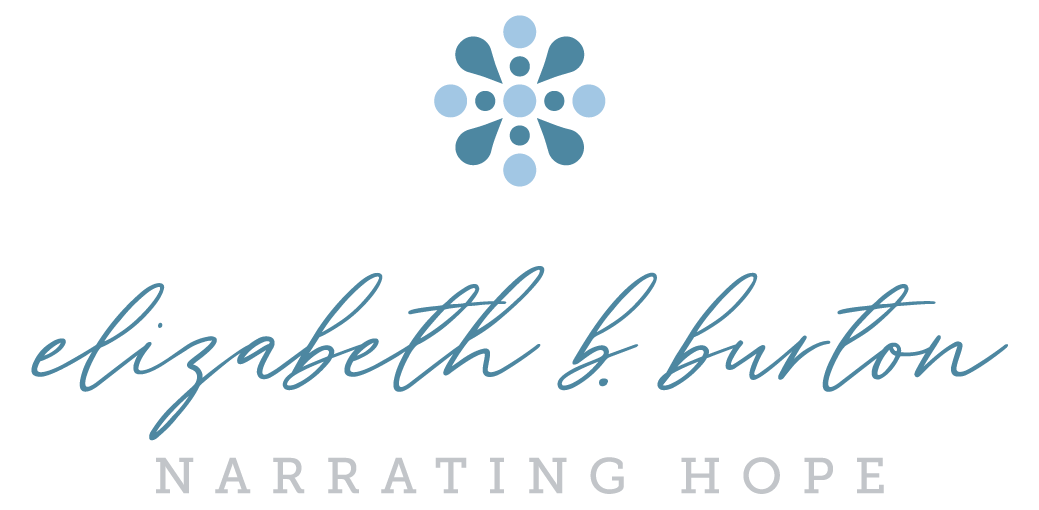Softening Your Inner Narrative With Self-Compassion
I love the imagery of self-compassion as clouds when they are at their fluffiest. As you read through this reflection on self-compassion, consider imagery that represents SOFTNESS that might resonate the most for you.
Often as people we are more drawn to attending to our outer worlds. How is my appearance? What about how my children appear? How does my home look? My yard? How do I appear on social media? How am I presenting to the world around me? While of course we want to take care of ourselves, our children, and our homes, it’s important to consider our inner worlds.
What does it feel like to be you in terms of the inner narrative that you hear in your head? Do you feel accepted and well with your body and with your internal state? Or are you rejecting yourself or parts of yourself as not good enough, not worthy, insufficient, incapable, not measuring up, or even bad or shameful?
That’s where self-compassion is transformative. In essence it’s turning that compassion that we can often feel more naturally towards others towards ourselves. It’s our ability to accept ourselves, nurture, and receive ourselves with kindness. So often (not always depending on our expectations and standards for others) we are more critical and harder on ourselves than we are towards others.
This softening of the inner narrative is kind of like wrapping yourself in the warmest, nurturing blanket or hug you can imagine. Often it’s easier to move towards self-compassion if you can think of someone in your life who, while not perfectly, has mostly treated you with compassion, kindness, and acceptance. Faith can help with this integration of self-compassion into your inner narrative. If you believe in God, do you trust that you are accepted and of incredible worth in God’s eyes?
Softening Your Inner Narrative:
We all have an inner dialogue that goes on in our minds all the time. We can practice and grow in self-awareness by noticing the inner dialogue. Just because a thought pops into your head, does not mean that it’s true. With self-awareness you can notice your thoughts and soften and re-frame those that are not true, not kind, and not helpful.
A clue to noticing what your inner critic is saying is noticing when you feel the most shame. Paying attention to emotions and reactions within you can help you be more aware of an active inner critic. Keep in mind that this dynamic is different than experiencing some sort of conviction that might move you towards an apology or repair of a relationship, turning you towards living more congruently with what you hold dear and value.
The good news is that even if self-compassion is not strong within you right now, it is something that can be learned, practiced, and strengthened. The invitation is there, but it involves first becoming self-aware of your inner narrative.
Dr. Kristin Neff has researched self-compassion and teaches about how it is made up of three components. One of these components is that of self-kindness vs. self-judgment. By cultivating self-awareness of our inner worlds, you can notice whether you have inner narratives of self-kindness or self-judgment, and you can move forward with claiming a softer, more kind narrative. This softer, kinder narrative has implications for your own well-being as well as your relationships with others.
For Reflection:
When your inner critic is condemning and the messages are untrue, you can practice self-compassion by re-framing the narrative to a more true message.
What is a common inner critic kind of narrative you hear in your head?
If you were to re-frame this message to a more true, kind narrative, what would this softer narrative be?
Elizabeth B. Burton is a licensed professional counselor with Burton Counseling, PLLC. In addition to counseling, Elizabeth provides life coaching, courses/workshops, and writing. You can learn more about the course on Coping with Anxiety & Stress here, and if you are interested in workshops, you can learn more here.
Elizabeth provides online counseling to individual adults living in Tennessee, Mississippi, and Georgia. Elizabeth provides in person counseling for individuals located near Chattanooga, TN. You can learn more about counseling with Elizabeth here.
Elizabeth provides life coaching to individual adults and couples living anywhere. Life coaching services are available online, and in person coaching is available for individuals located near Chattanooga, TN. You can learn more about life coaching with Elizabeth here.
In her free time, Elizabeth enjoys reading and shares book recommendations for adults here and for children here.

